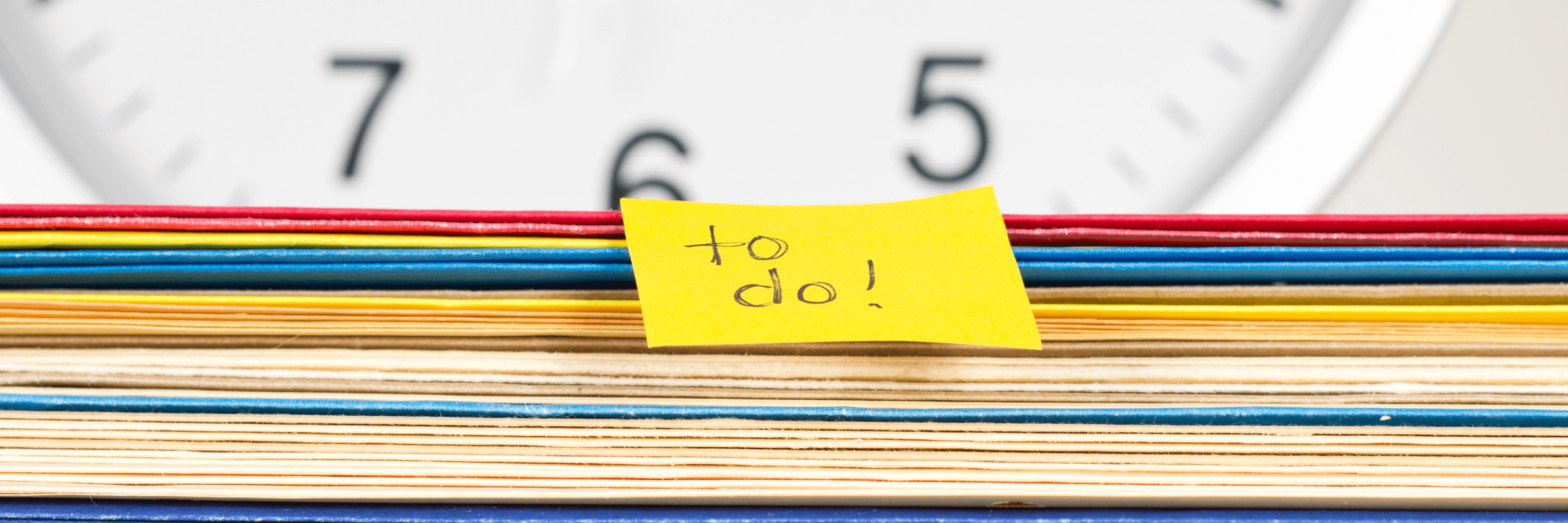
By: Maria Mosman
Twenty-four hours can sometimes feel like a ludicrously small window to take care of all the tasks and responsibilities between our work, family, and personal lives. This feels especially true now, as the new year ushers in new opportunities, it can be hard to know where to start. When I’m feeling unproductive or overwhelmed, I like to employ a few simple but effective tricks I’ve learned to help me get back on track.
When I find myself wasting time staring unproductively at my screen, the culprit eating up my time is usually a lack of structure. Without an action plan, many working professionals find themselves unable to set priorities (me, included) and end up working on whatever is easiest rather than what is most urgent. Losing productive hours to menial tasks has significant drawbacks; it takes time away from critical projects, increases the amount of time spent at and thinking about work, and spikes stress levels.
An easy remedy to this vicious cycle is to take a small amount of time – no more than 15 minutes – at the end of each day to organize your thoughts, work area, and schedule and make a to-do list for the following day. A good rule of thumb is to stick to five tasks, listing the most important or challenging at the top. Then, the next day, start with the critical or most time-sensitive tasks first, working through high-priority items while energy levels are fresh (personally, my motivation tends to begin to ebb by the end of the day). Then, as an added perk, you can ride that high of accomplishing an important task for the rest of the day, giving you the energy boost you need to complete the remaining items on your to-do list.
When tackling a prioritized to-do list, it helps to know how your time is currently spent. Our team uses Toggl, an online time-tracking tool, to keep tabs on our work hours and how we spend them. Aside from tracking our billable hours, Toggl also helps us identify areas that are eating up our time to manage our daily tasks more effectively. For example, suppose I’m spending too much time bouncing between working on an important task and answering non-urgent emails as they come in. Instead, I block out 15-30 minutes of my day specifically for my email, leaving myself free to focus on my project until it is complete. Doing so allows me to dedicate all my attention to working on high-priority items rather than splitting my time and focus in two or more directions, saving time and helping me improve the quality of my work.